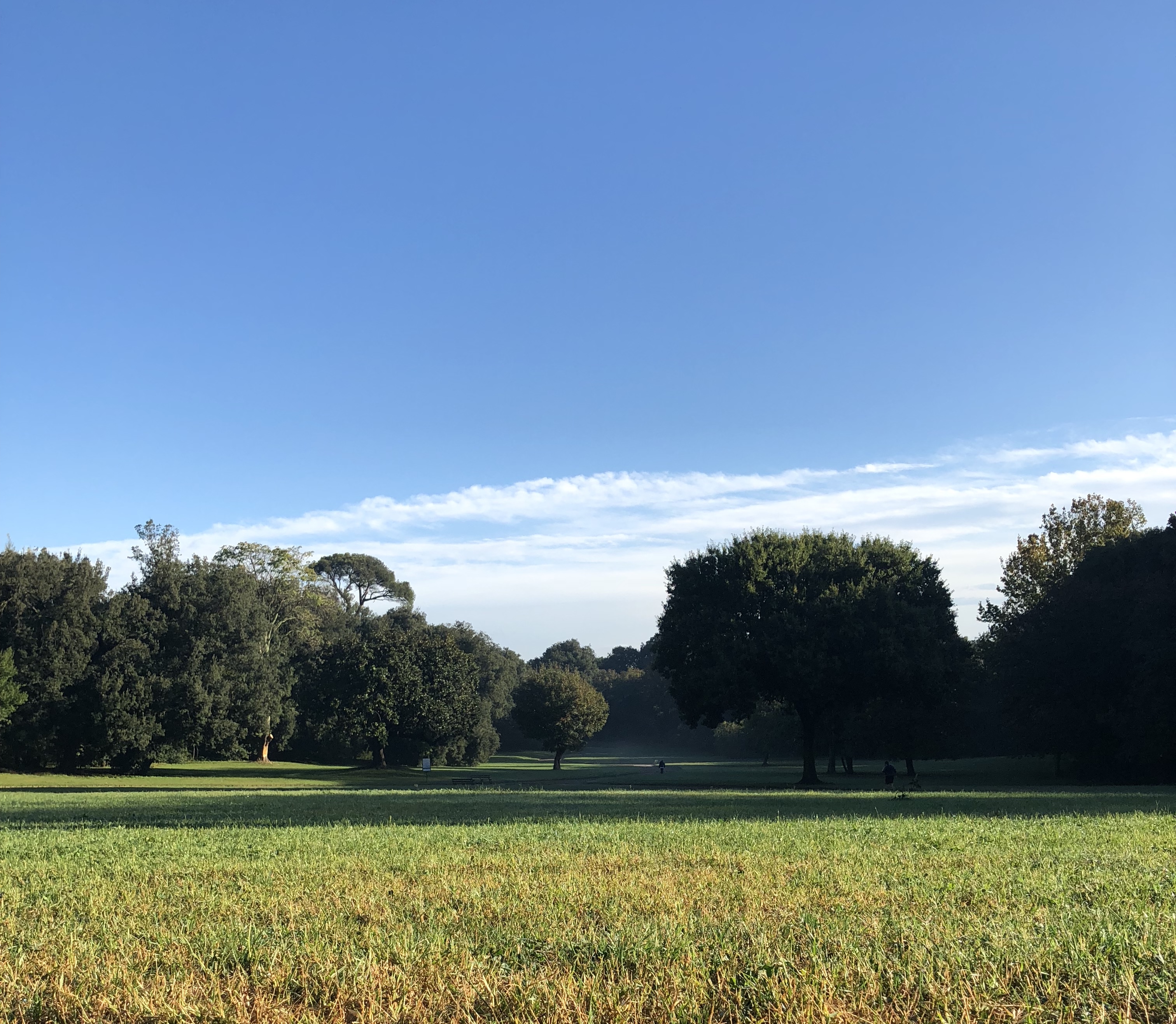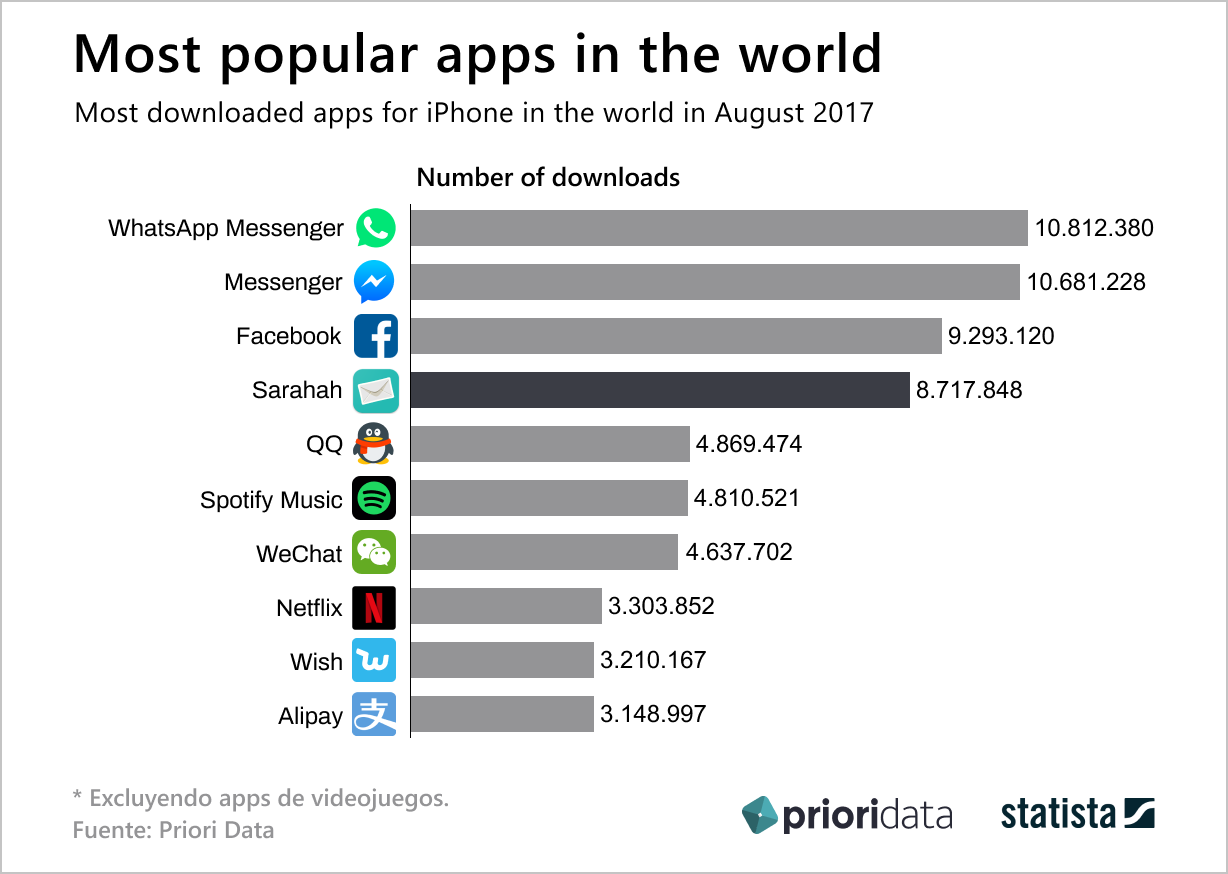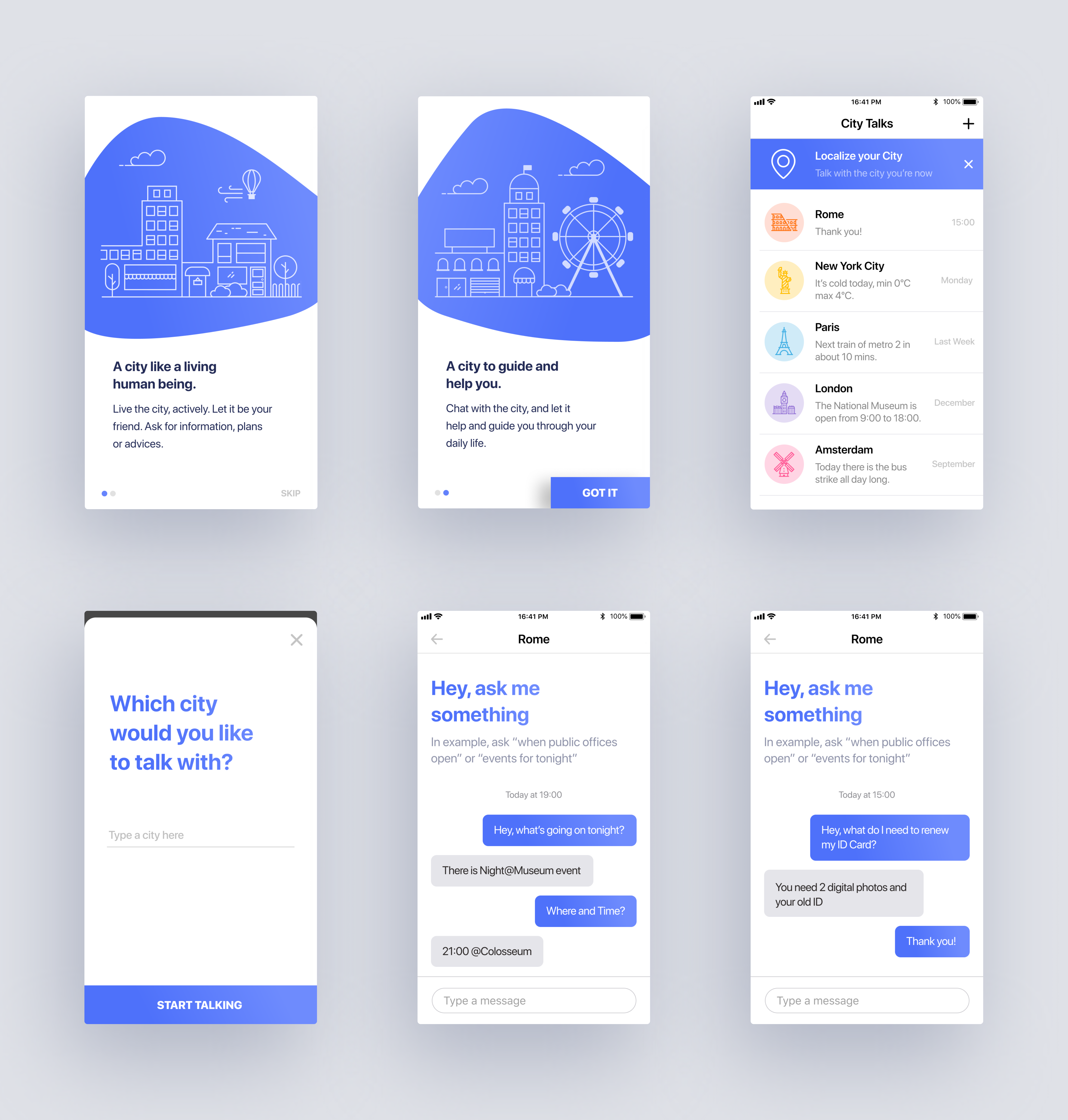Metropolis. Live the City Differently
This project has been developed during the Night@Museum Hackathon and it has been awarded with the 2nd place from Cisco

?? ROLE
Designer and Pitch Presenter
?? TEAM

October 2018 - 2 Days Hackathon
? SKILLS
Figma, Keynote, Presentation
─ OVERVIEW
The Hackathon
Metropolis is an app concept developed at “Night@Museum” Hackathon, powered by Maker Fair Rome and hosted in the breathless location of Capodimonte Museum, Naples (Italy). The over 200+ attendants had 30 hours to develop a digital solution for one of the different challenges proposed by national and international sponsors.
Lost and Found
There were a lot of different challenges: eco-sustainability, open data, regional territory promotion, smart cities, etc. So, we can say that our very first challenge was to decide which one of those challenges we should have joined. At the very beginning, we were oriented in joining the one promoted by Capodimonte Museum itself, which was about creating a digital experience for leading tourists in discovering cultural paths. Since we were already a formed team, we used the time for team pairing to brainstorm some ideas for this challenge. But, after a couple of hours, we found ourselves being completely dried out and lost in the process: we completely lost our motivation and enthusiasm. And, since we had worked on topics like this in the past, we felt that we were “stuck” doing always the same thing, not leaving our comfort zone
This feeling was undermining such an amazing experience, so we decided to take one hour off and take a deep breath in the surrounding woods

When we came back to work, that feeling was gone and we were really committed to give our best. So, we reanalyzed all the proposed challenges and we immediately felt a special connection coming from the one promoted by Cisco:
With a smart city in mind, ideate a product or service which proposes new interactions between people or things
─ FINDING THE PROBLEM
The Challenge
So, now that we had a new challenge to work on, we started by asking ourselves. Which are the main characteristics that a city should have, to be promoted to the status of “Smart City”?
Generally speaking, we can define a Smart City as the totality of urban development planning strategies for optimizing and innovating public services, in order to relate city’s infrastructures with people who live in it. After a time-limited (but still careful!) research activity, we summarized the entire Smart City concept in 4 main characteristics:
- Accessible: all the citizens should be able to access places and services without being penalized by any factor
- Sustainable: the city should have the lowest impact possible on the surrounding natural ecosystem and should invest in research for finding new sustainable sources of energy
- Versatile: the city should offer numerous and differentiated services as mobility, economy, etc.
- Smart Administration: the city should have a light and efficient bureaucracy and helps constantly its citizens
Although all these characteristics are relevant and equally important, we strongly believe that having an efficient administration is the very first step for creating a Smart City. Unfortunately, besides pizza, mandolino and all its cultural and historical heritage, Italy is also well-known for its inefficient bureaucracy. This is particularly true in South Italy and, since the entire team come from one of southern part of the country, we were really committed to give our contribution to the problem
Digging Deep into the Problem
So at this stage of the process, we tried to dig deep into people’s feelings and opinions about Italian Public Administration. So we decided to take advantage of the people attending the hackathon for conducting a fast, but still effective, research activity. We asked people to describe Italian public administration with just 1 adjective, and the most used adjective were:
- Inefficient
- Difficult to understand
- Extremely bureaucratized
- Old
- Slow
- Unreliable
The citizens feel abandoned, angry and, sometimes, resigned to live in a system that does not work and never will
─ WHO, WHAT AND HOW
Defyning Personas
Based on the data of the previous research stage, we tried to define two main personas with different goals, needs and pain points


Defining personas helped us to create a preliminary statement for our challenge:
Ideate an efficient, fast and easy digital service which helps people to obtain reliable information about Public Administration
Defyning a Product
Now that we had our preliminary statement and personas, we focused on the main characteristics of our product, trying to invert those feeling of frustration and anger. So, our priority was creating a services with these characteristics:
- Efficient
- Fast
- Easy to learn and use
- Usable on the go
Since some of these characteristics are typical of a mobile experience, we decided to develop an app for mobile devices. Furthermore, our primary concern was to create something easy to use, with a minimal or inexistent learning curve.
A product with an inexistent learning curve needs to be familiar for people
For this reason we conducted a research to find out the most common apps used by people of different age and segment. A quick look at our smartphones was enough to understand that the most apps used by people are social networks and instant messaging apps.
Data and charts found online confirmed this hypothesis: instant messaging apps and social networks have an impressive number of download and active users


So, this kind of apps have a huge pool of user. This means that the majority of people out there both young and old, have used at least once one of these apps. These results have been the key factor for us to finally found our idea:
Let people talk and ask information to the city itself as if it were a living entity
─ TOWARDS THE SOLUTION
The Idea
To guarantee the overall reliability we decided to integrate the Open Data published by public administration as main source of information. In the last couple of years, thanks to the digitalization of the country, more and more municipalities and cities released and published their Open Data: integrable in whatever services or product. What better source of free, official and reliable data published directly by the municipal, regional and national administration?
So, we started to design the app like any other instant messaging app. With the difference that people would have chatted with a chatbot, instead

Scalability
Meanwhile we were in the middle of the creation of our idea, we noticed that our app was really scalable and could have included a lot of different services
Why don’t ask to the city itself general info like transportation, events, weather? Why don’t use just 1 app instead of 10?

Pros and Cons
As all services existent, also our solution has several pros and cons. So, for the sake of clarity, we decided to create a list of the main points for a better analysis of the service and, why not, for future developments
Pros:
- No learning curve: since the app uses the same logic of any instant messaging app out there, this makes it super simple and immediate to use
- Reliable: thanks to the use of Open Data all the information given are official and reliable
- Scalable: the app can be extended to an enormous number of different services and can include all that kind of useful information like transportations, events, tourisms, weather, etc. used in the daily life by citizens
Cons:
- Chatbot communication: whoever had a talk with a chatbot knows that if not implemented well, this technology could be very frustrating
- Open Data: even if this is also one of the main point in favor, open data could be also a pain if they are not constantly updated or published
─ CONCLUSIONS AND REFLECTIONS
At the end of this experience we were tired but very happy and enthusiast of seeing our hard work rewarded by Cisco with the 2nd place
Having been under pressure for trying to dedicate effort to conducting a research phase despite the time constraints, let me understand the importance of having a flexible mindset and strong analytical skills for cutting, adapting and rebuilding in a small scale such a complex process such as the ideation and creation of new products and services
Furthermore, thanks to this experience I learned to not be afraid of changing your mind and choose a new idea during a time-based competition
Because good results come mostly thanks to the effort, commitment and enthusiasm you put in what you do, despite the limited amount of time you have
